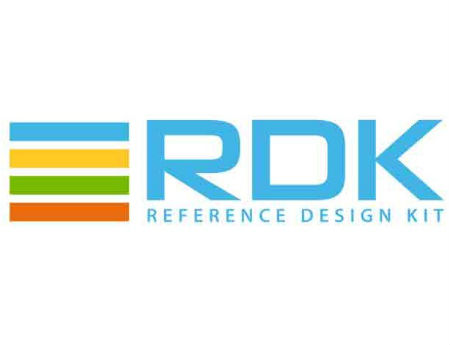The RDK Goes Global
The smarter way to stay on top of the multichannel video marketplace. Sign up below.
You are now subscribed
Your newsletter sign-up was successful

Adding technical pieces that will make the Reference Design Kit (RDK) compatible with cable systems in Europe and other parts of the globe, the preintegreated software stack for IP-capable set-tops and other devices has extended support for the Digital Video Broadcasting (DVB) standard.
The announcement was made Wednesday at the Connected TV Summit in London by RDK Management LLC, the joint venture of Comcast, Time Warner Cable and Liberty Global – MSOs that have also deployed or are planning to deploy devices powered by the RDK.
RDK Management noted that it is also working with the RDK community on a path to support the use of in-band DVB system information (SI) for European operators.
“DVB support has been on the RDK roadmap since the inception of our joint venture, and we’re very pleased to announce continued progress on that commitment,” said Steve Heeb, president and general manager of RDK Management, in a statement. The RDK’s applicability is global, and these enhancements will enable operators in Europe and other parts of the world to more easily leverage the RDK for deployment in their markets.”
RDK Management credited SeaChange International for making “significant contributions of software components” that are extending the RDK’s applicability for use in DVB markets.
“SeaChange and its video gateway software customers have realized the advantages that the RDK provides in product development cycles and post-deployment in terms of speed to market and innovation,” added Shiva Patibanda, SVP and CTO of SeaChange. “We’re eager to help our colleagues in Europe garner these performance improvements with locally optimized versions of the RDK.”
The RDK initially focused on video-centric set-tops, gateways and client devices, but has been expanding to support broadband services as MSOs develop all-service gateways based on an underlying, common software stack.
The smarter way to stay on top of the multichannel video marketplace. Sign up below.
The RDK has been licensed by more than 150 companies, including CE manufacturers, chip makers, software developers, and system integrators. It has also been licensed by more than 15 service operators, including Liberty Global, Kabel Deutschland, Comcast, and Time Warner Cable. Other MSOs that are on board as licensees, or at least said to be interested in the RDK, include Rogers Communications of Canada and Japan’s J:COM.
According to an RDK official, the DVB extensions follow the release of RDK 2.0 in February. RDK 2.0 includes a “build framework” aimed at simplifying and speeding up the software build process and to remove the dependency on the Open Cable Application Platform (OCAP) middleware. Alongside the release of RDK 2.0, the community also got access to an emulator that lets licensees test applications without the need for an RDK set-top, and an RDK test development kit that provides a framework for automated testing of RDK components and features.
Of recent note, HItron Technologies demonstrated an RDK 2.0-based implementation of a “headless” gateway with an integrated EuroDOCSIS 3.0 modem capable of bonding 24 downstream channels and built-in 802.11ac WiFi. In the demo, the gateway enabled DVR features and a time-shift buffer using an eternal USB hard drive.
